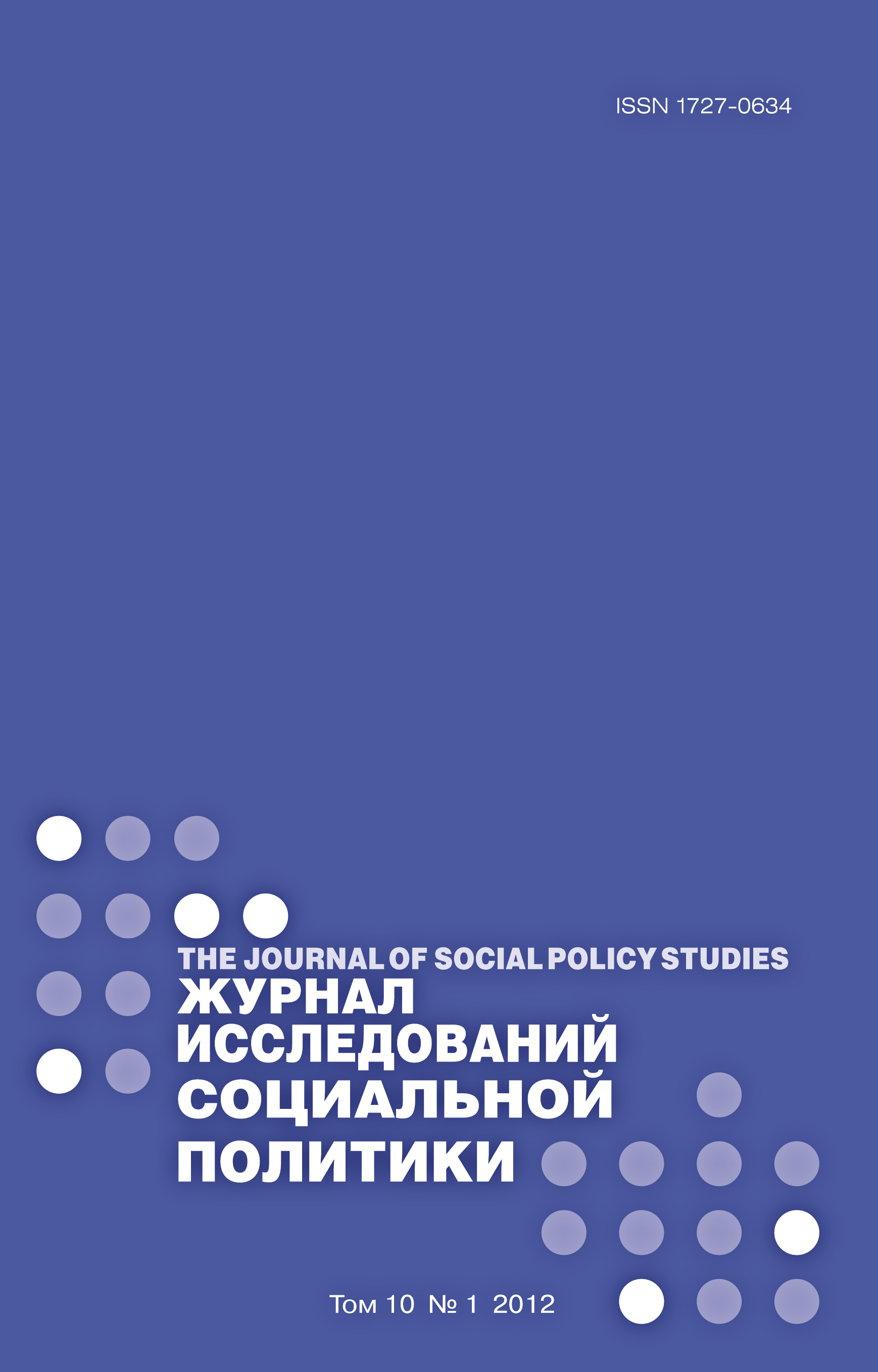Трансформируя пространство различий. Опыт интеграции этнокультурных меньшинств в Германии
Ключевые слова:
интеграция, Германия, мигранты, этнические меньшинства
Аннотация
В работе рассматривается развитие немецкой интеграционной политики. Страна – европейский лидер по численности мигрантов – долгое время не признавала особенности их статуса и необходимости проводить специальную политику по отношению к ним. Дана общая характеристика мигрантских сообществ, проживающих в Германии, показа-ны меры по регулированию их притока, принятые с начала 2000‑х годов. Подробно обсуждаются основные вопросы, вокруг которых строится политика интеграции, особенное внимание уделено пробле- мам образования мигрантов и закрытости сообществ ряда этнокультурных меньшинств. Продемонстрированы конкретные направления и формы применения интеграционной политики на региональном и национальном уровнях. Делаются выводы о возможностях оценивать эффективность рассмотренной политики. Немецкий опыт показан с учетом возможности его применения в российских условиях, сформулированы рекомендации, призванные облегчить формирование принципов российской политики в отношении мигрантов.Скачивания
Данные скачивания пока не доступны.
Опубликован
2012-04-09
Как цитировать
ТвороговаС. В. (2012). Трансформируя пространство различий. Опыт интеграции этнокультурных меньшинств в Германии. The Journal of Social Policy Studies, 10(1), 7-26. извлечено от https://jsps.hse.ru/article/view/3487
Раздел
Без рубрики















